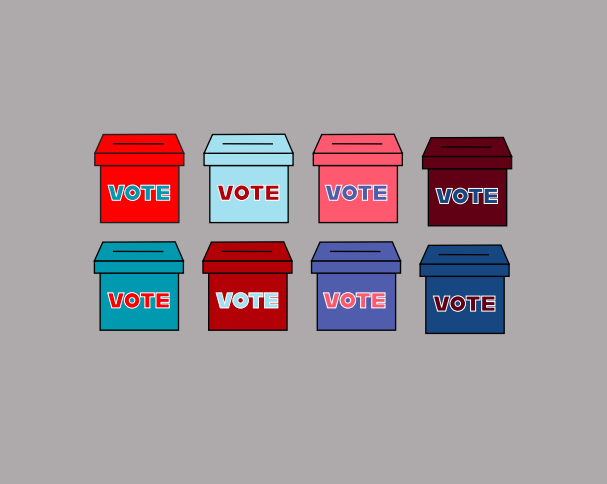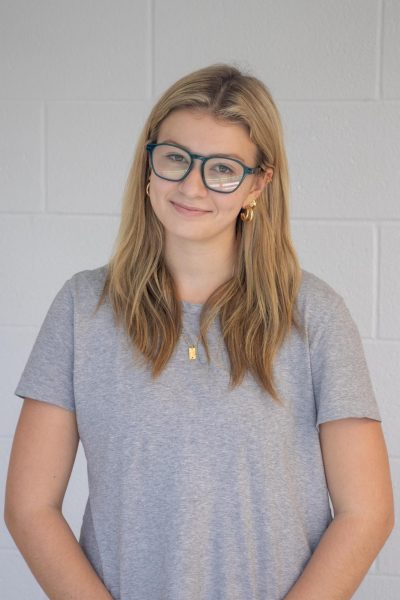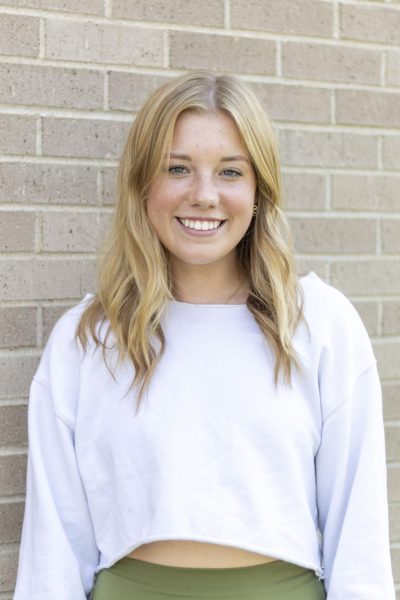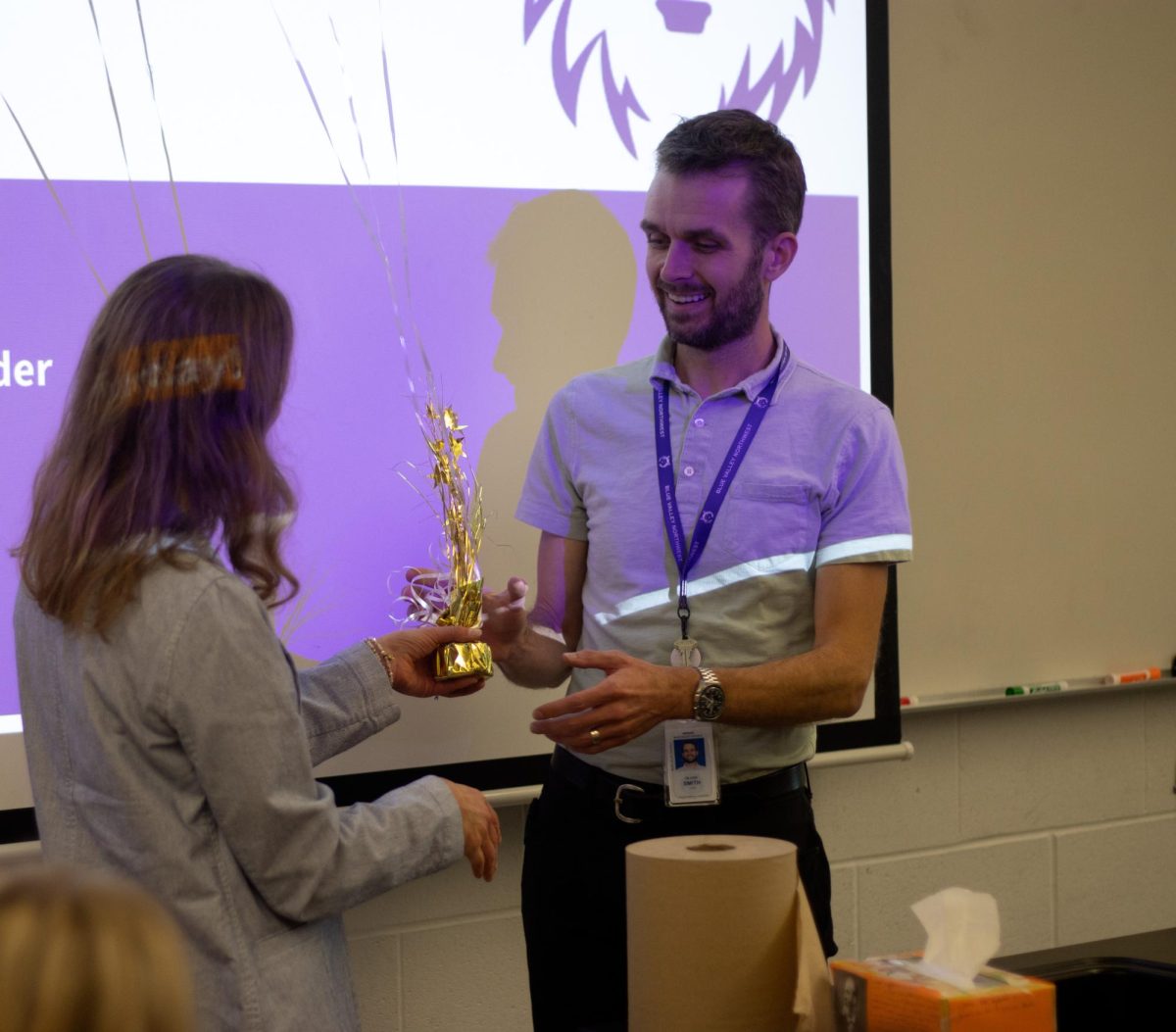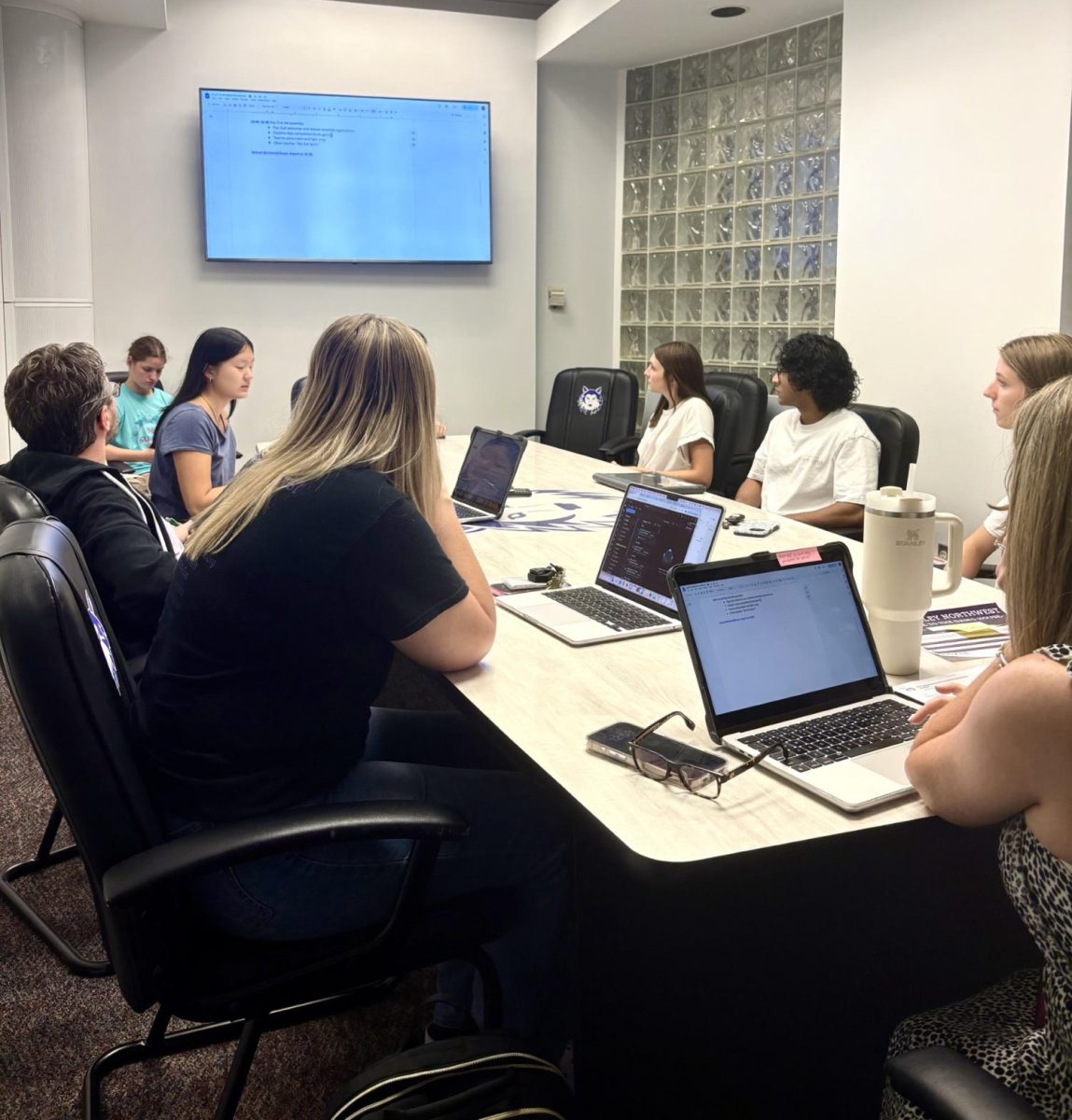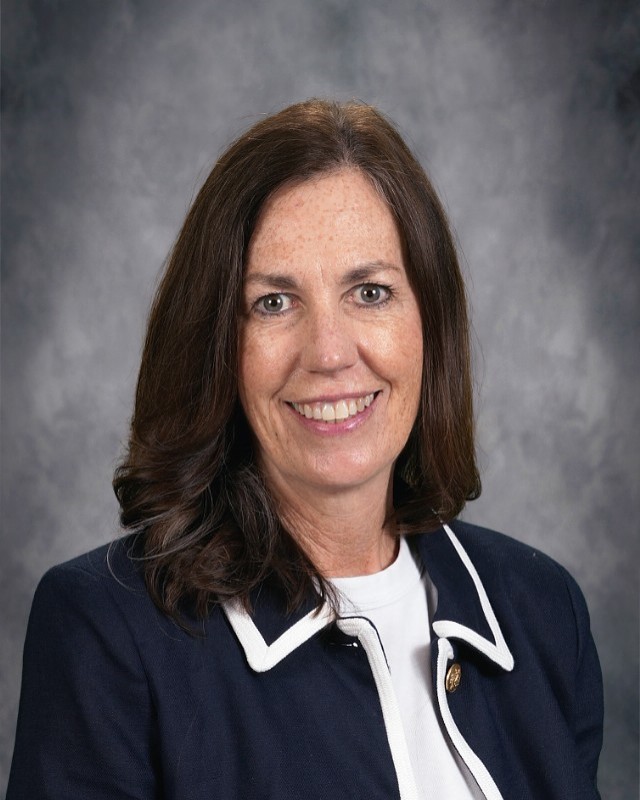Editors’ note: The Express staff reached out to all eight candidates for commentary on the election and responses to a list of questions compiled. Mike Huebner did not reply to our request for comment or questions.
An election will be held to appoint four members to the Blue Valley School Board on Nov. 7. There are eight total candidates running for the slots. Positions are open for one person from the Northeast area, one from the Northwest, one from the South and one at-large member.
Unlike past races, the candidates this year have placed themselves into two informal slates, the “A+ Team” and “Blue Valley Excellence”.
The A+ Team consists of Jan Kessinger, Clay Norkey, Sam Hurley and Jodie Dietz, three of whom are currently serving on the board. The members of Blue Valley Excellence are Trisha Hamilton, Christine Vasquez, Mike Huebner and Rachel Faagutu and they have not been on the Blue Valley School Board in previous years.
The decision to align themselves in slates Vasquez said came very naturally and was not planned prior to the candidates’ decision to run individually.
“We found each other once we submitted our applications,” Vasquez said in a public forum hosted by the Shawnee Mission Post. “Seeking like-minded candidates to run alongside [and] having diverse thoughts while we can all have the same goals of excellence and education and doing what’s best for our kids is what makes a board excellent.”
The candidates said that they acknowledge the importance of their stance as individuals and that slate alignments would not impact their decisions.
“At the end of the day we’re all elected individually,” Hurley said in the forum. “As a board member, you have a responsibility to do what is in the best interest of the school district.”
The election is nonpartisan despite politicized issues differentiating the two groups.
Blue Valley Excellence prioritizes competitive pay for teachers, respectful behavior policies, a rigorous curriculum away from political agenda implementation, financial prudence, prioritization of student safety, and transparency with parents.
A+ team prioritizes responsible allocation of fiscal resources and high levels of financial stewardship, access to mental health resources, creating a safe environment for everyone, and above all, the well-being of students.
When asked about the district’s current approach to diversity, equity, and inclusion, the candidates had various opinions. Hamilton said if appointed she would encourage the board to look at the motivations behind implementing certain programs.
“If our role is to teach kids that the color of their skin divides them, I think we have a lot of work to do,” Hamilton said in the forum. “We should be focusing on the things that unite us, not divide us.”
Similarly, Faagutu said having biracial children has made her aware of a certain “narrative about history” that is being taught in the district.
“We had to sit our children down and we told them ‘you are not victims because your skin is brown,’ ‘ Faagutu said in the forum. “We need to look at the DEI (Diversity equity and inclusion) [and] the CRT (Critical Race Theory) in the curriculum and maybe choose some other curriculum.”
Rejecting Faagutu’s assertion, Kessinger said that Critical Race Theory is not implemented in our current program.
“CRT is not, has not been, and will not be taught in Blue Valley Schools,” Kessinger said in the Forum.
The candidates also disagreed on the current and future funding allocations for special education programs in Blue Valley.
“The most important thing we need to address right now is special [education] funding,” Norkey said in the forum. “The legislature is required by law to fund special ed to a certain level, and they refuse to do it every single year.”
Patrick Hurley said he agreed that legislative lack of funding was one of the districts most pressing issues.
“ [We need to] improve communications with parents and our community members about the negative impact the Kansas legislature has had on our schools, like increased class sizes, which is due to the Kansas legislature’s failure to fund special education fully,” Hurley said.
Kessinger also said he knew from personal experience that education was being underfunded.
“When I was in legislature we had been underfunding education for 19 years,” Kessinger said in the forum. “[Legislation is] still short on special ed.”
Hamilton said in the forum that governor Kelly had stated that special education has been fully funded for the past several years, but that was later proved be false.
As individuals, the candidates all had various reasons for wanting to serve on the board in the first place. All candidates said they have had children and various family members who have gone to Blue Valley Schools which motivated them to get involved in the educational community.
Vasquez said she wanted to be on the school board to ensure protection of future generations.
“The next generation is the future of our community, state, and nation, so, for me, there can be no better investment than an investment in you,” Vasquez said.
Kessinger, Hurley, Norkey, and Dietz specifically all said the prestige of Blue Valley Schools and the opportunities they grant to students motivates them to continue to serve on board.
“Blue Valley Schools are the backbone of our community and the driver of property values as well as quality of life,” Kessinger said. “I seek to preserve that for generations to come.”
Any registered voter residing in the boundaries of the Blue Valley School District is eligible to vote on November 7th. Early voting will take place from October 28th through November 6th at the Blue Valley Hilltop Campus.
For more information on the candidates and their positions, the slate websites as well as the public forum referenced are linked below.
https://bluevalleyexcellence.com/about-the-candidates-1
https://shawneemissionpost.com/2023/10/05/blue-valley-candidate-forum-214886/
The candidates’ responses to our questions can be found below as well.


